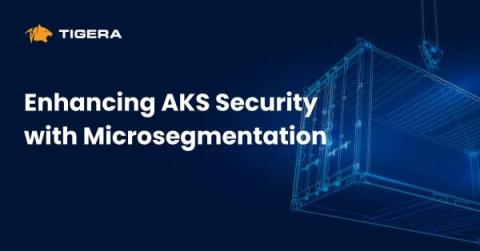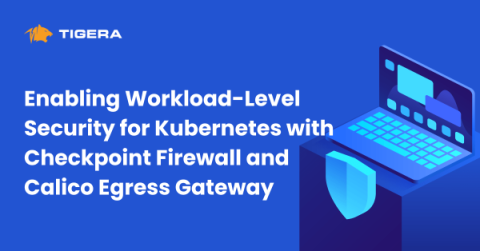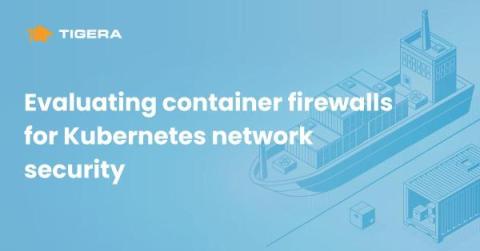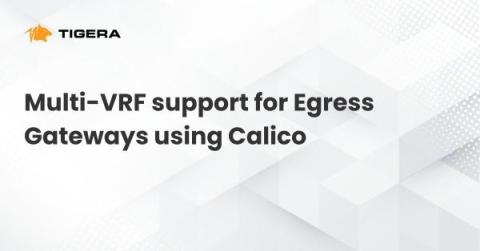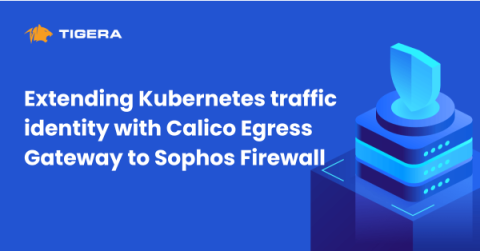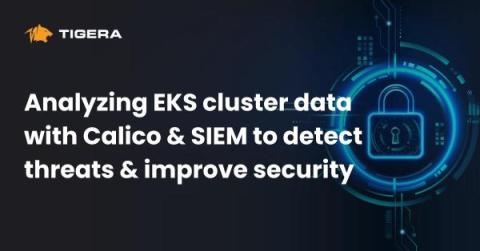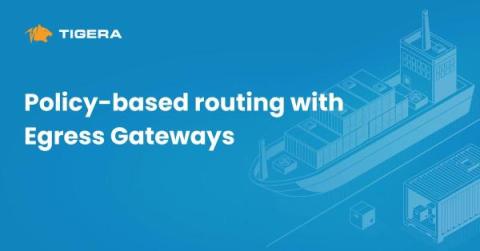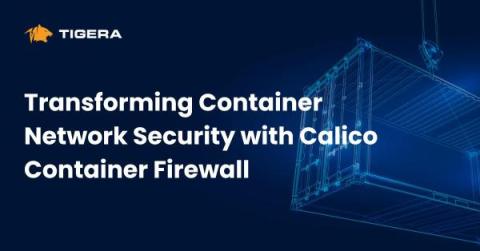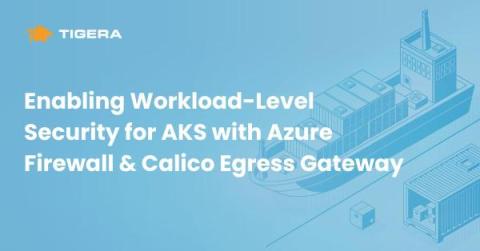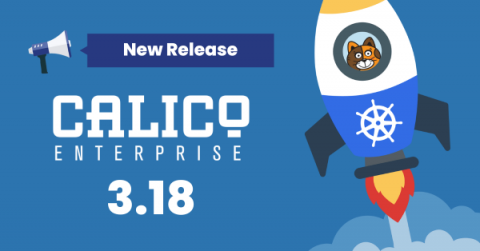Enhancing AKS Security with Microsegmentation
As organizations adopt Microsoft AKS at scale, they need to enforce namespace or even workload-based isolation for better security and compliance. This isolation, often referred to as microsegmentation, can help prevent the lateral movement of threats inside Kubernetes clusters, achieve compliance by limiting communication across workloads or namespaces, and enable multi-tenancy by limiting communication.


